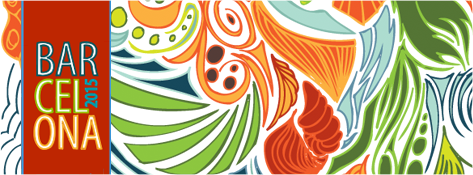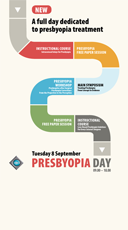The evaluation of intrastromal corneal MyoRing implantation with corneal collagen cross-linking in keratoconus treatment
(results will display both Free Papers & Poster)
Session Details
Session Title: Cornea - Surgical III
Session Date/Time: Sunday 06/09/2015 | 14:15-16:15
Paper Time: 15:31
Venue: Room 16
First Author: : G.Bikbova RUSSIA
Co Author(s): : M. Bikbov G. Bikbova E. Usubov
Abstract Details
Purpose:
To evaluate anatomical and functional results of MyoRing implantation with corneal collagen cross-linking for progressive keratoconus.
Setting:
Ufa Eye Research Institute, Ufa, Russia
Methods:
The MyoRing implantation with corneal collagen cross-linking was performed in 28 patients (32 eyes) with progressive keratoconus of the II-III disease degree according to the Amsler classification. MyoRings were implanted using a Pocketmaker keratome. Saturation of the cornea was performed with a solution of 0.1% riboflavin within 10-15 minutes. After ring implantation UV irradiation was carried out for 25 minutes. Mean thickness of the cornea at the thinnest point - 412 ± 23,0 microns. The follow-up was 12 months.
Results:
UCVA increased from 0,12 ± 0,05 to 0,52 ± 0,15, in the first day after surgery. Refractive power of the cornea decreased from 51,6 ± 2,0D to 41,08 ± 0,78D 1 month after surgery. The corneal astigmatism preoperatively decreased from 8,45 ± 1,23 D to 3,25 ± 0,96 D. Dynamic observation after 12 months showed stabilization of clinical and functional results. UCVA was 0,5 ± 0,12, BCVA - 0,65 ± 0,25 (P <0,05), keratometry - 40,7 ± 2,27D and corneal astigmatism was 3,01 ± 0,96D, which indicated a halt of keratoconus progression.
Conclusions:
Intrastromal corneal MyoRing implantation with corneal collagen cross-linking is effective method of keratoconus treatment, which allows to stop the progression of the disease and correct the keratoconus followed ametropia.
Financial Interest:
NONE





